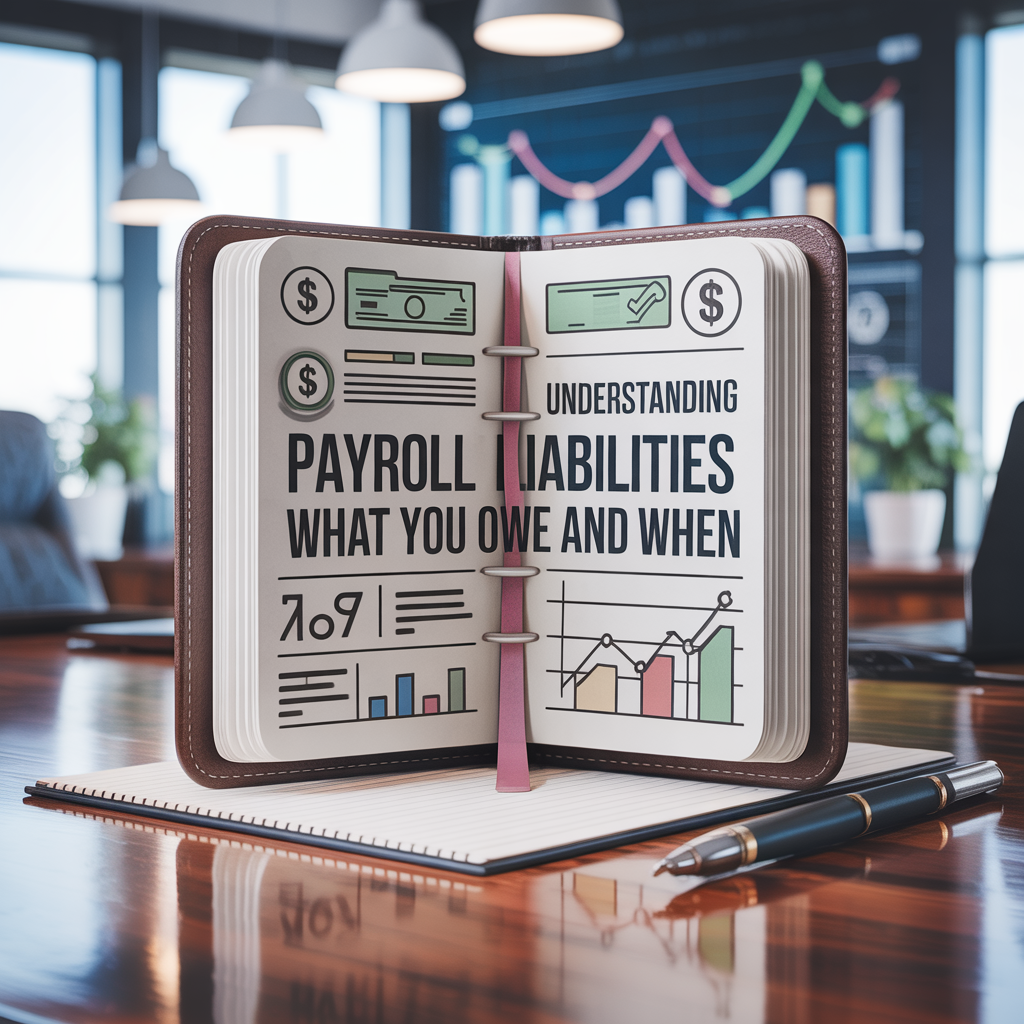Cash Flow Management for Small to Medium-Sized Enterprises (SMEs): Navigating the Waters of Financial Stability
In the dynamic landscape of business, especially for Small to Medium-Sized Enterprises (SMEs), the intricacies of financial stability and debt management are paramount. A critical facet that demands meticulous attention and strategic planning is cash flow management. This essential practice goes beyond the mere balance of income and expenses; it is the linchpin that ensures not only day-to-day operations but also the overarching financial health of the enterprise.
Understanding the Ebb and Flow of Cash
Cash flow, in essence, denotes the movement of money into and out of a business. For SMEs, it serves as the lifeblood that sustains operational activities. It involves the continuous monitoring of incoming revenue and outgoing expenses over a specific period. A positive cash flow signifies that more money is flowing into the business than flowing out, indicating a robust financial position.
The Multifaceted Significance of a Healthy Cash Flow
1. Operational Continuity: The bedrock of maintaining a positive cash flow lies in ensuring the seamless execution of day-to-day operations. It provides businesses the ability to meet immediate financial obligations, such as paying suppliers, meeting payroll, and covering other operational expenses.
2. Debt Repayment and Creditworthiness: Beyond the immediate needs, well-managed cash flow enables SMEs to meet debt obligations promptly. This, in turn, contributes to building a positive credit history, enhancing the company's creditworthiness, and opening doors to potential financing opportunities in the future.
3. Strategic Decision Making: Businesses equipped with a clear understanding of their cash flow position can make informed and strategic decisions. This includes planning for expansion, investing in new opportunities, or weathering economic downturns with resilience.
Strategies for Mastering the Art of Cash Flow Management
1. Invoice Management: Timeliness and accuracy in invoicing are critical. Ensuring that invoices are sent promptly and include all necessary details can significantly reduce payment delays and enhance cash flow.
2. Expense Monitoring and Optimization:
Regularly review and monitor business expenses. Identify areas where costs can be optimized without compromising on the quality of products or services. A lean and efficient cost structure contributes to a healthier cash flow.
3. Cash Flow Forecasting: Develop a robust cash flow forecasting system. This involves estimating future cash inflows and outflows, allowing businesses to anticipate potential challenges and plan proactively. The ability to foresee financial trends equips SMEs to navigate uncertainties.
4. Credit Terms and Collections:
Evaluate credit terms offered to customers and establish clear collection policies. Promptly follow up on overdue payments to minimize the risk of cash flow disruptions. A balanced approach to credit management is integral to sustaining positive cash flow.
5. Emergency Fund and Financial Resilience: Build a financial cushion by setting aside funds for unexpected expenses or economic downturns. This reserve acts as a safety net during challenging times, providing the business with the flexibility to navigate unforeseen circumstances.
Conclusion: Empowering SMEs for Sustained Growth
In conclusion, effective cash flow management stands as a cornerstone for the financial well-being and sustained growth of SMEs. By prioritizing this critical aspect, businesses not only navigate the challenges of debt management but also pave the way for resilience and prosperity. Proactive strategies, prudent financial planning, and a keen understanding of cash flow dynamics empower SMEs to thrive in the ever-evolving and competitive business landscape. As SMEs chart their course in the complex waters of entrepreneurship, mastering the art of cash flow management becomes an indispensable skill for long-term success.

Marc Boulanger
Marc views his accounting business as an extension of his family. And while he holds a Bachelor of Arts in Business Administration and Accounting and a Masters of Science in Accounting, he values traveling around the country with his wife of 30 years and 5 kids, Marc learned that communication is the key to effective team work.


